African American folk music arose as a result of the transatlantic slave trade. Africans were dispersed into an international web of subjugation, torn away from their homes and all things familiar. However, even as they were forced into bondage, enslaved Africans held onto memories of African customs. Their ability to keep tradition afloat amidst their oppression made room for a new culture in the Americas, which started with music.
Elements of Folk Music
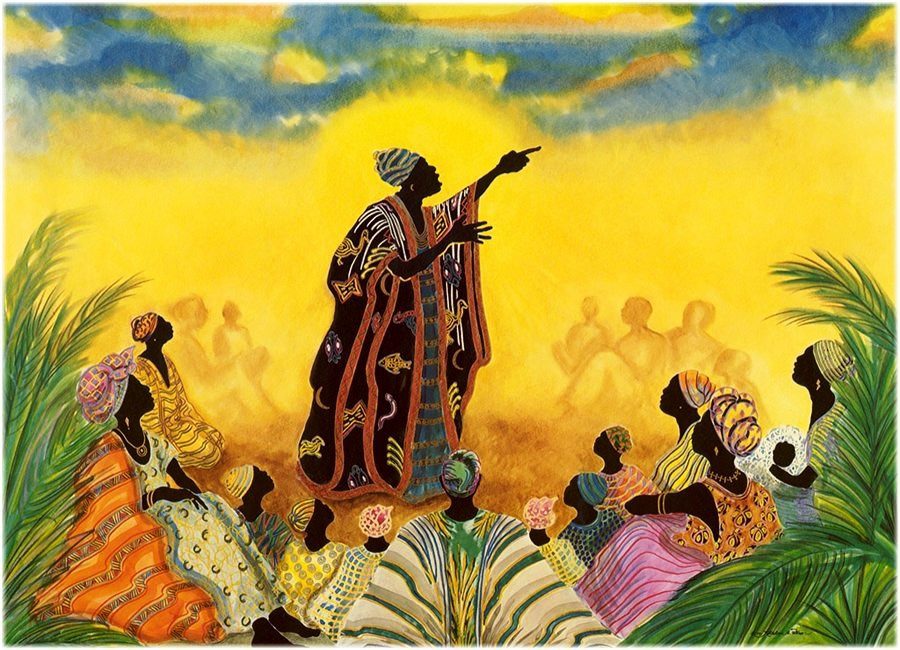
Storytelling
Storytelling in folk music comes from an African tradition. At one point in time, there was no written language. Because of this, the only way to preserve history was through griots, West African historians who shared information via word of mouth. African American folk music uses storytelling to express frustration and empower.

Call & Response
Call & response is an interaction between the singer and the audience involving the initial projection of a phrase, followed by the listener punctuating that phrase. Call & response songs were often purposed for spreading information or news on slave plantations, or to pass the time during the work day.
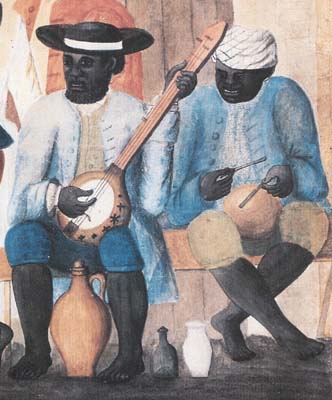
Banjo
The banjo survived the long journey enslaved Africans endured. Although the banjo originated in Africa, the enslaved were able to construct it in America, keeping a piece of their roots with them. The banjo can be heard in many African American folk songs, symbolizing the resilience of African American people.
Key Performers
Huddie "Lead Belly" Ledbetter
Huddie Ledbetter, better known as Lead Belly, was a blues and folk singer in the early 1900s. He was known for his beautifully deep voice and his delusively simple way of playing the twelve stringed guitar.

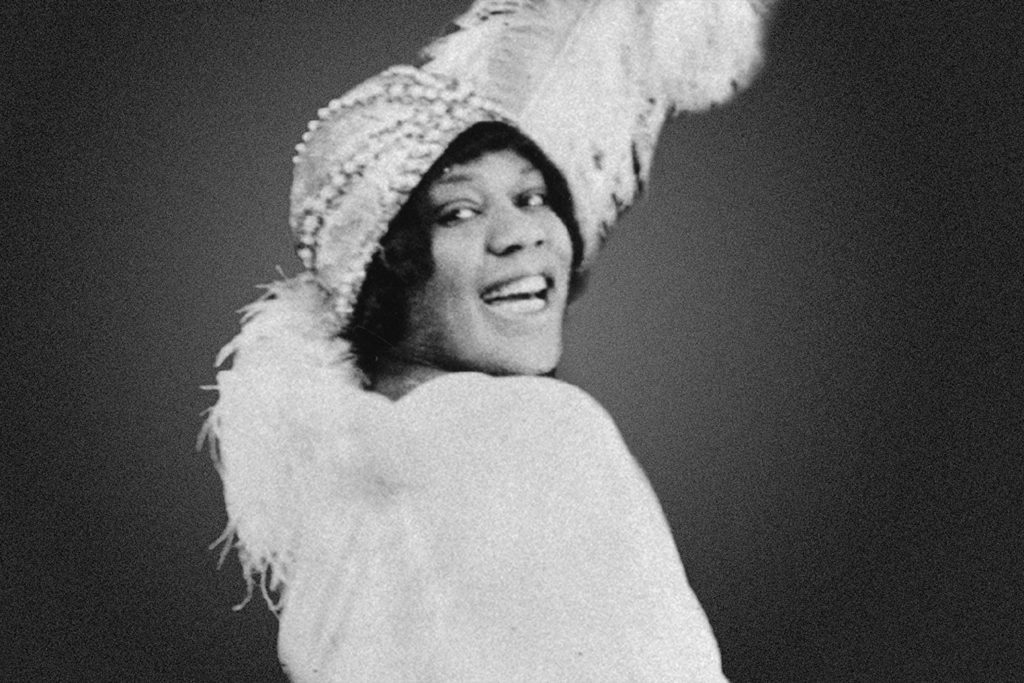
Bessie Smith
Bessie Smith, also known as the “Empress of Blues”, was a blues singer in the 1920s. Before the Great Depression, Smith was the highest paid black entertainer in the world. She was famous for her powerful voice and songs about women empowerment.
Odetta
Odetta was an activist and American folk singer during the mid 1900s. Her music became immensely popular during the Civil Rights Movement, in which she worked with Dr. Martin Luther King, Jr. and performed at the White House.
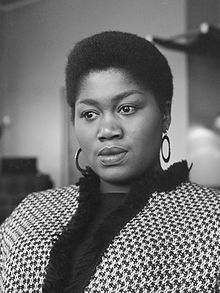
Commodification
The earliest display of the commodification of African American folk music was when enslaved Africans were made to perform their music for the enjoyment of the master and his companions. Once slavery was outlawed, commodification showed up in the form of minstrelsy. Whites would put on shows in which they would dress up as exaggerated black caricatures and perform folk songs, skits, and comedy acts.
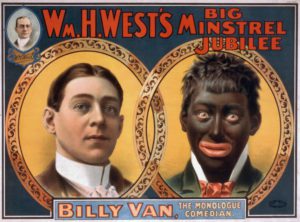
The Influence of Folk Music
African American folk music has has been extremely influential on the musical landscape of America. Blues singers often used hidden meanings to vocalize frustrations with the black-American struggle. Hidden meanings were prominent in early African American folk music. Rap music makes heavy use of wordplay, syncopation, and storytelling, all of which are feats of early black folk music. Characteristics of many of the genres we listen to today can be credited to black folk music.
Impact on Society
African American folk music has had an immeasurable impact on society. Today, folk songs are a symbol of strength. Songs that started as expressions of the early black struggle in America, such as “We Shall Overcome” and “Amazing Grace”, have become anthems for the plights of all marginalized communities. African American folk music has touched the lives of the oppressed all over, and empowered them to make change.

Conclusory Opinions
Music is one of the most unifying tools there is. It was first used as a means of survival by slaves, and then as a way to retain connection to their roots and to each other. African American folk music unified blacks and made us the pioneers of music. Although not always recognized, most of the music genres we listen to today were created by black people. This fact instills a sense of pride in our community that many others cannot claim.

